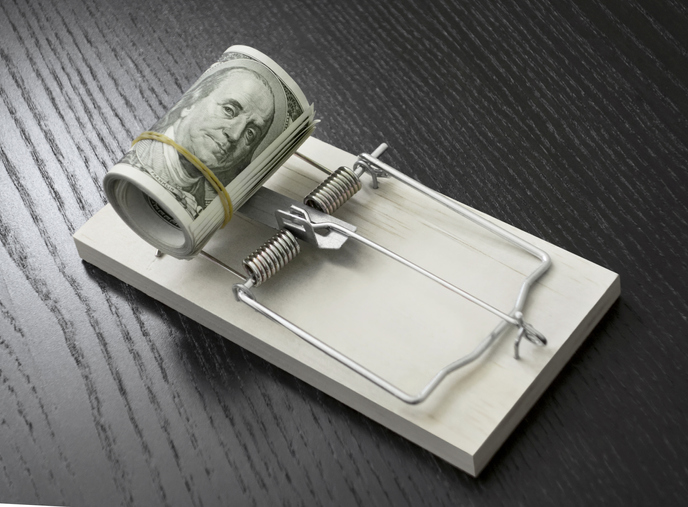IRS Proposes Regulations to Address Estate Tax Trap
The IRS has announced proposed regulations to address a technical, but potentially very important issue for taxpayers who make large taxable gifts during 2018-2025. The 2017 Tax Act nearly doubled the unified gift and estate tax exemption from $5,600,000 to $11,180,000. However, absent extending legislation, the doubling will expire at the end of 2025 and the exemption will go back to being computed the way it was prior to the 2017 Tax Act. Any of the increased exemption not used before it expires will be lost. This brings us to the technical part of the discussion.
The tax on a deceased person’s estate is calculated in two steps. First, a tentative tax is computed based on the current taxable estate plus the decedent’s total lifetime taxable gifts. Second, the presumed tax on the deceased’s then full estate tax exemption is subtracted from the tentative tax. This means that the estate of a person who dies after 2025 and made taxable gifts in 2018 - 2025 that exceeded the estate tax exemption in the year of death, but not the exemption applicable in the year of the gift, could be subject to estate tax on those gifts, even though the gifts were not subject to gift tax at the time they were made. The proposed regulations would protect such taxable gifts from being subject to estate tax after 2025 to the extent that they were sheltered from tax by the higher exemptions in effect during 2018-2025. The proposed regulations also make clear that this protection would not extend to gifts made in 2026 or after.
Example: Joe is single and makes a total of $10,000,000 in taxable gifts during 2018-2025. No gift tax is due on any of his gifts because their total is less than his available exemption amount when he makes the gifts. Joe dies in 2026 with assets totaling $15,000,000. The provision doubling the exemption has expired, so assume the estate tax exemption in 2026 is now $7,000,000. Joe’s taxable estate is $25,000,000 ($15,000,000 + $10,000,000 in taxable gifts). However, his exemption is only $7,000,000. His estate would owe 40% estate tax on $18,000,000 — his $15,000,000 in assets plus the $3,000,000 by which the taxable gifts he made during 2018-2025 exceeded the $7,000,000 estate tax exemption available in 2026, the year of his death. The estate tax would be $7,200,000.
If the IRS’s proposed regulations are made final, Joe’s estate instead would owe 40% estate tax on $15,000,000 rather than $18,000,000. This change would reduce the tax on his estate from $7,200,000 to $6,000,000, a savings of $1,200,000. This savings is 40% of the $3,000,000 the proposed regulations would shelter from estate tax.



Submit a Comment